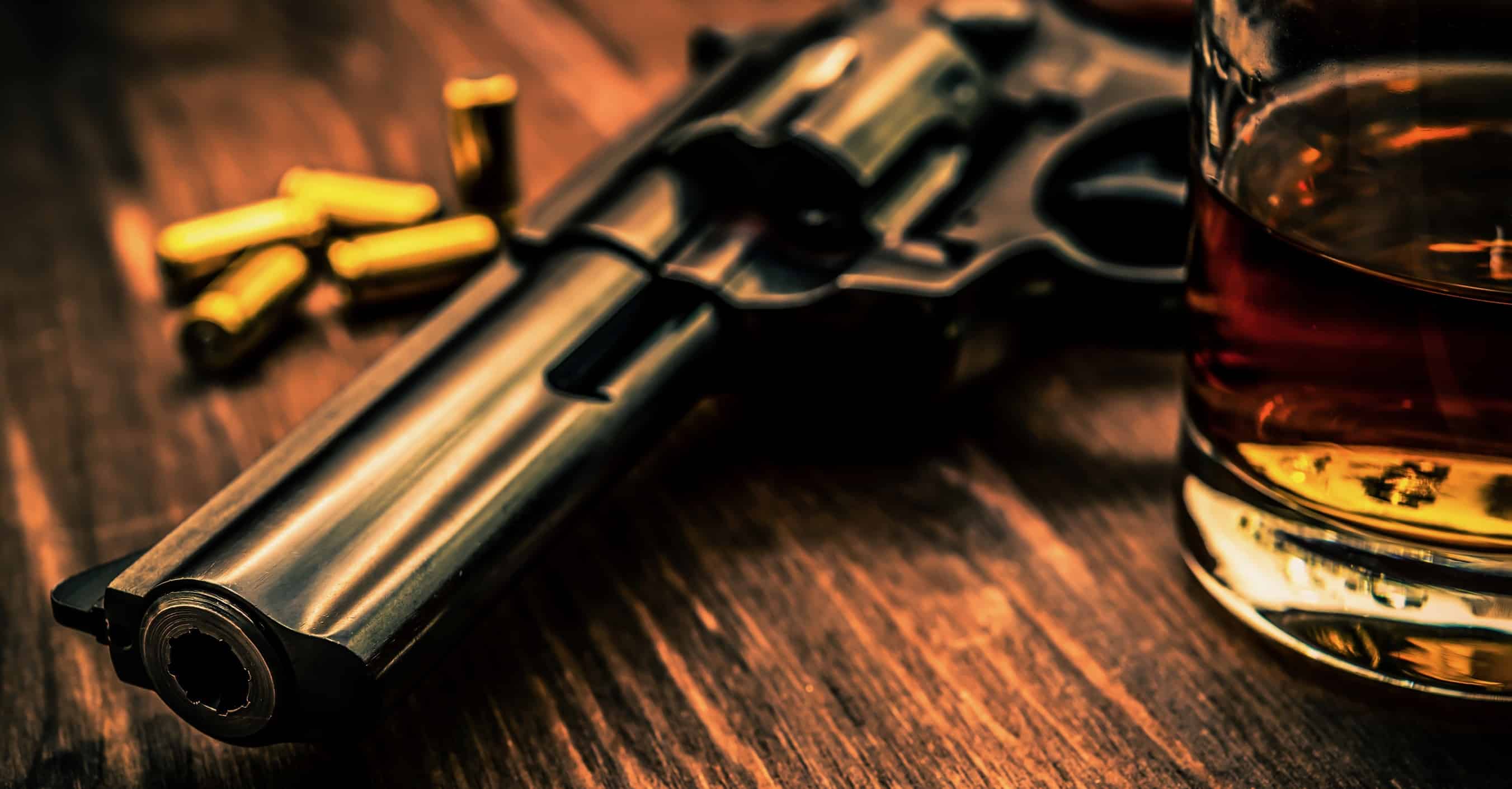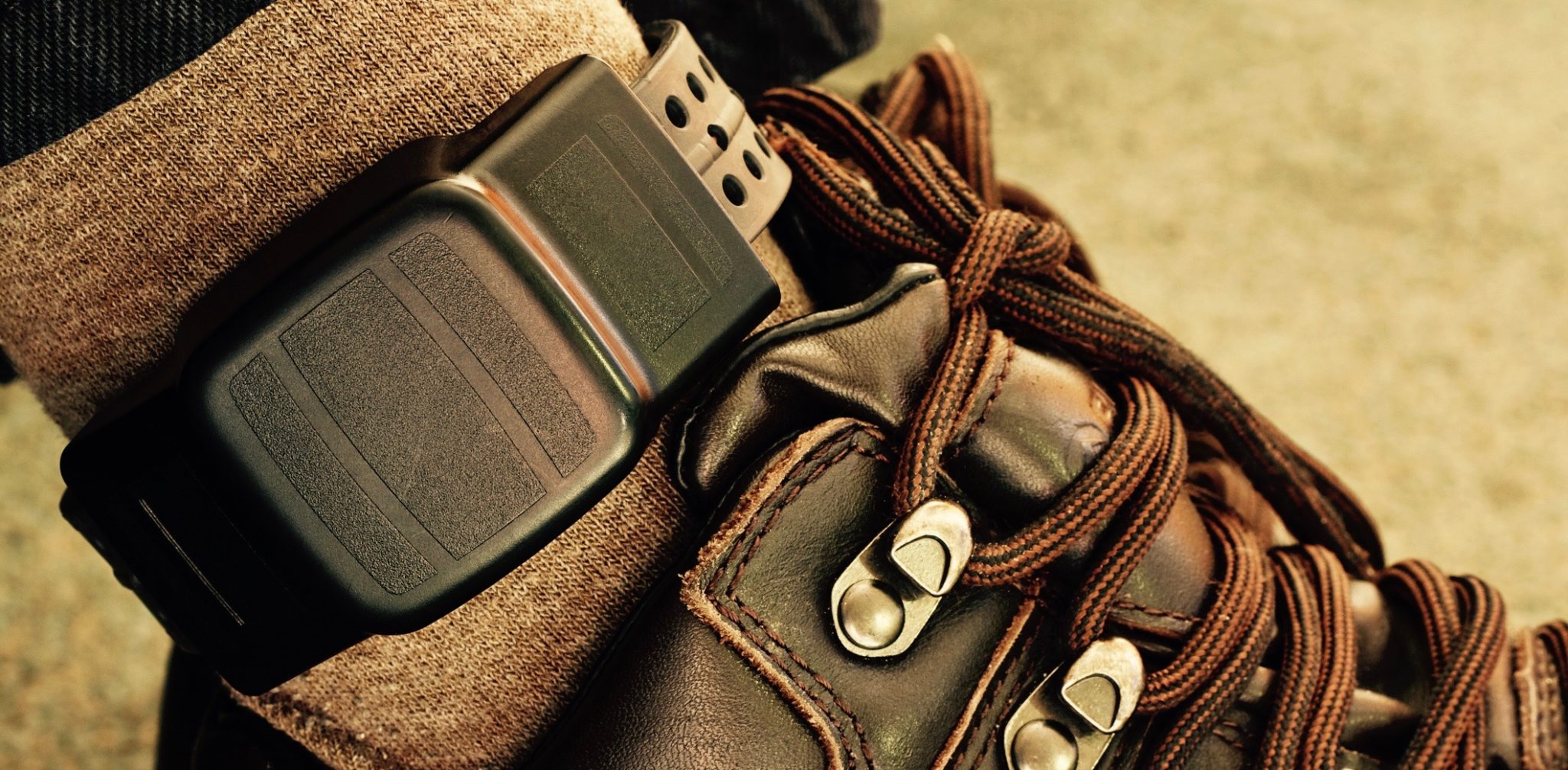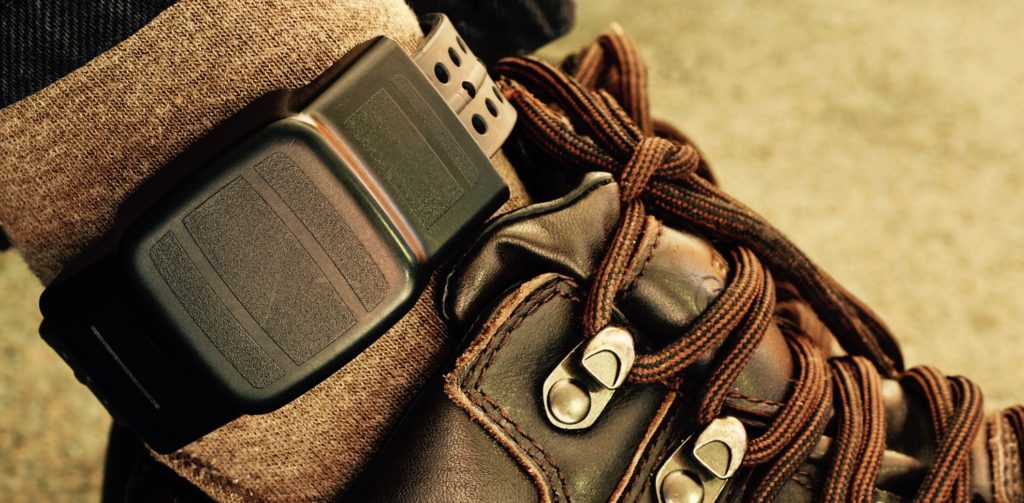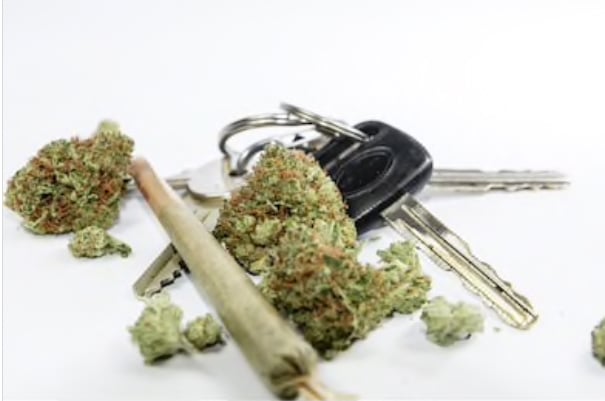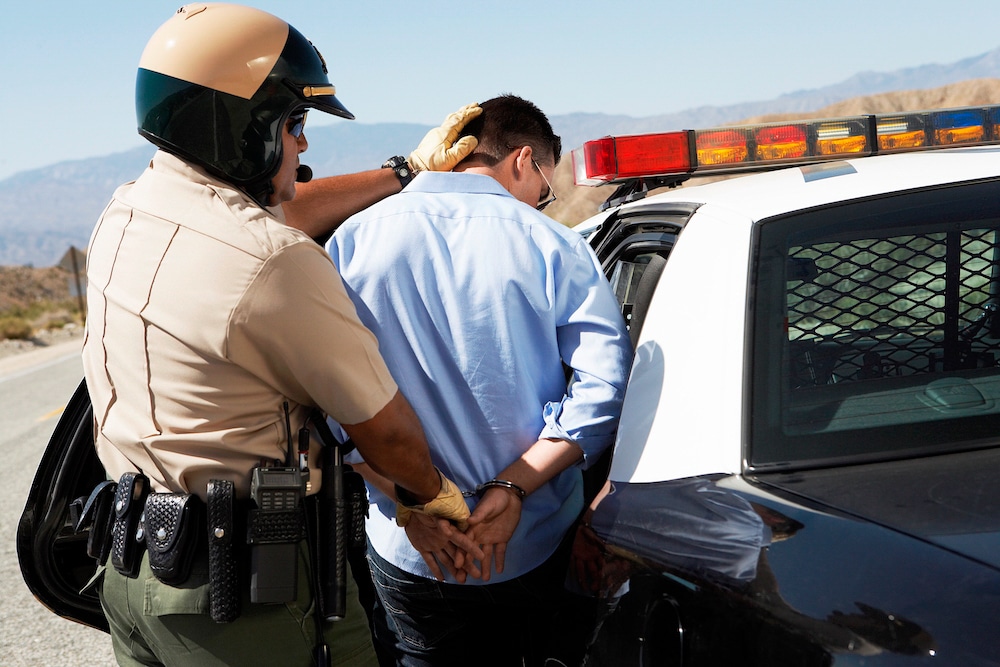CONSEQUENCES OF A DWI ON CHL TEXAS CONCEALED HANDGUN LICENSE
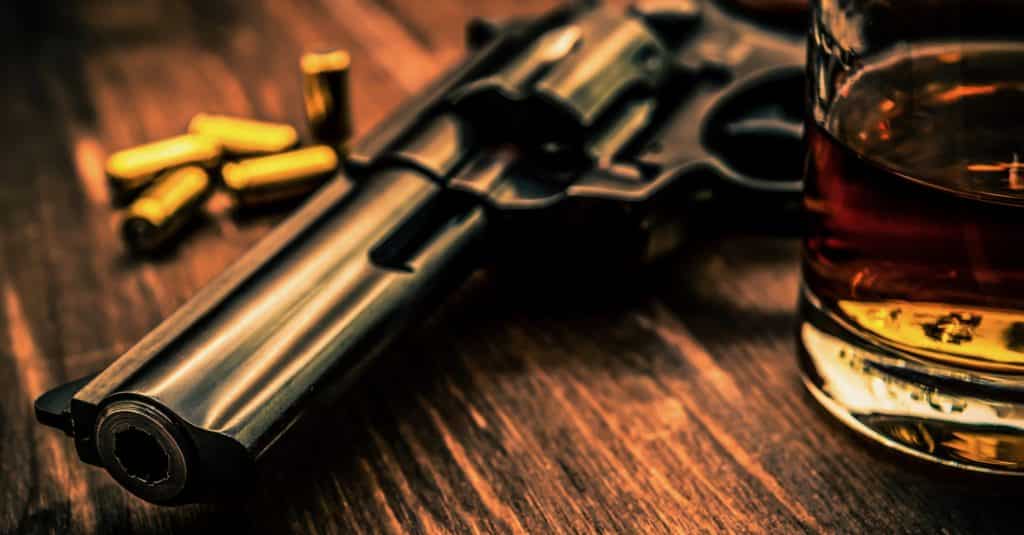
Consequences of DWI on CHL – The words echoed out Charton Heston like Moses on Mount Sinai as he held up a flintlock rifle and said, “Out of my cold dead hands.”
Many citizens of the State of Texas hold the late, Mr. Heston’s sentiments and the 2nd Amendment close to their heart when it comes the effects of a DWI on their concealed handgun license or CHL in Texas.
Routinely, I find myself with law-abiding citizens who took the time to get a concealed handgun license (CHL) sitting in front of me charged with both DWI and unlawfully carrying a weapon (UCW).
They are shocked that they could be charged with UCW after they took all the steps necessary by the State to carry and many times their firearm is not even on their person.
They are equally shocked to learn that there will be two bonds to get out of jail and a greater attorney’s fee because there are two cases.
GET A FREE CONSULTATION
How can I be charged with unlawfully carrying a weapon when I am licensed or when I am carrying in my car complying with laws of the state of Texas?
Section 46.02(a)(2)(A) of the Texas Penal Code states that an individual engaged in criminal activity may be charged with unlawfully carrying a weapon regardless of a license to carry or if it is in a vehicle.
This means you should not be driving with an open container if you want to carry a weapon.
Said another way, if you are going to drive with an open container then don’t carry a weapon either on your or in your vehicle because that will make you being double charged impossible.
Of import here is that if you are arrested for DWI and you are carrying a weapon, then if you are convicted of a DWI then you will be arrested for illegal weapon possession, but on the flip side, if you are found innocent of DWI, then you will be found innocent of illegal weapon possession.
Clearly, the safe choice is not to carry a weapon if you are going to drink and drive. Indeed, the safest choice would be to not drink alcohol and then drive.
What affect will a DWI have on my CHL?
Texas is very strict about who can qualify for a CHL. If you are convicted of a class A or B misdemeanor, which is a first DWI, then you are disqualified from qualifying for a CHL for 5 years.
For the purposes of a DWI on a CHL, a deferred adjudication qualifies as a conviction.
This includes cases that are dismissed after a probation of deferred adjudication.
Additionally, if you are convicted of DWI twice in a ten year period, you will be disqualified as a chemically dependent person even after the five year period has past.
If you have been found not guilty or your case was outright dismissed, it will not affect your ability to apply for a CHL.
What happens if I have a CHL and I am charged with a DWI?
Unfortunately, there is no due process when it comes to a CHL. A person who is charged with a class A or B misdemeanor (DWI) will have their license suspended immediately regardless of innocence.
Therefore, to preserve and save your right to bear arms, call us 24/7 at 713-524-1010 to speak with an attorney.
TELL US ABOUT YOUR CASE
Form Submissions have a fast response time. Request your free consultation to discuss your case with one of our attorneys over the phone. The use of this form does not establish an attorney-client relationship.
The information on this website is for general information purposes only. Nothing on this site should be taken as legal advice for any individual case or situation. This information is not intended to create, and receipt or viewing does not constitute, an attorney-client relationship.


